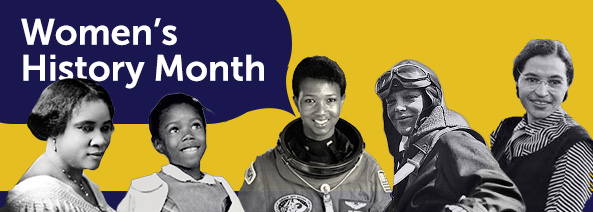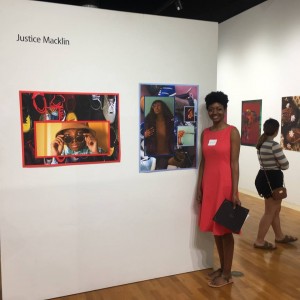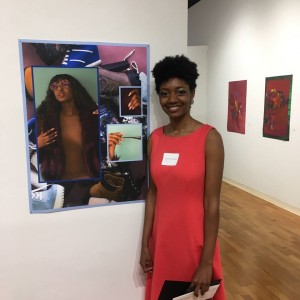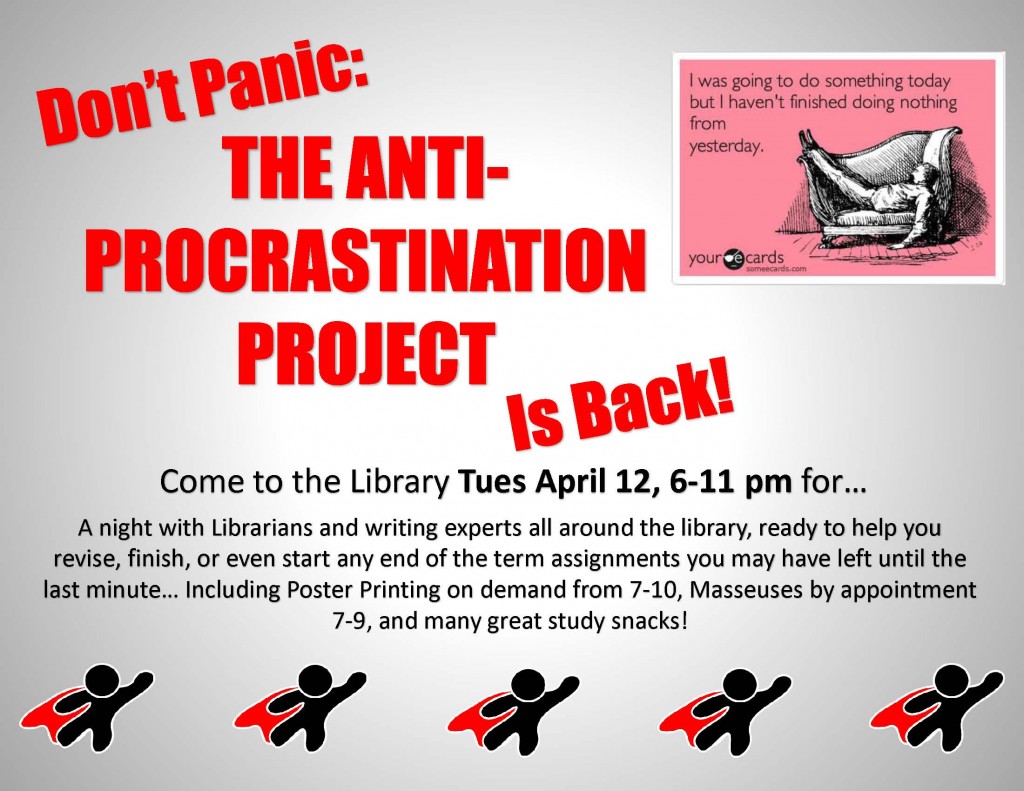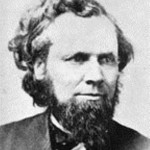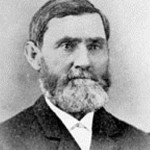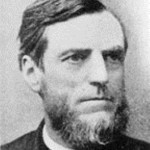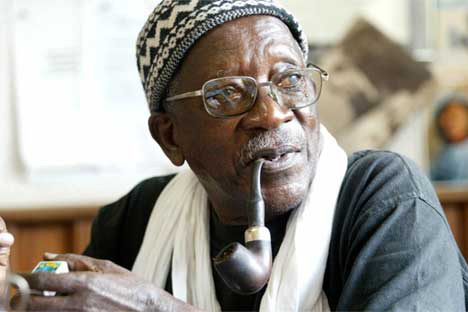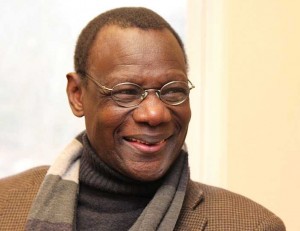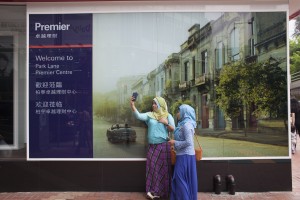Women’s History Month celebrates women’s endeavors and accomplishments.
For whatever your topic about women – related to society, culture, history, science, etc., – Ames Library has resources and our librarians can help you find the best ones.
Here are just a few of the databases that feature women’s sources and scholarship:
Databases
Academic Search Complete
Comprehensive scholarly, multi-disciplinary full-text database, with more than 8,500 full-text periodicals, including more than 7,300 peer-reviewed journals.
Black Thought and Culture
Approximately 100,000 pages of monographs, essays, articles, speeches, and interviews written by leaders within the black community from the earliest times to the present.
Women and Social Movements in the United States: 1600-2000
A collection of 91 document projects and archives with more than 3,600 documents and 150,000 pages of additional full-text documents, and more than 2,060 primary authors. Includes book, film, and website reviews, notes from the archives, and teaching tools.
Other Resources
Women’s History and Resource Center Catalog
This catalog currently provides access to a growing body of information and images related to GFWC’s history, including archival material, photographs, publications, art, and artifacts. Tips for searching are available by clicking the Help button on the search screen. To avoid too many hits, leave outGFWC when searching for names of clubs and state federations. Watch for catalog updates as new material is added.
Compiled and maintained by the Smithsonian, explore the various collections to learn about women inventors, voting, African American women artists, and many other collections.
